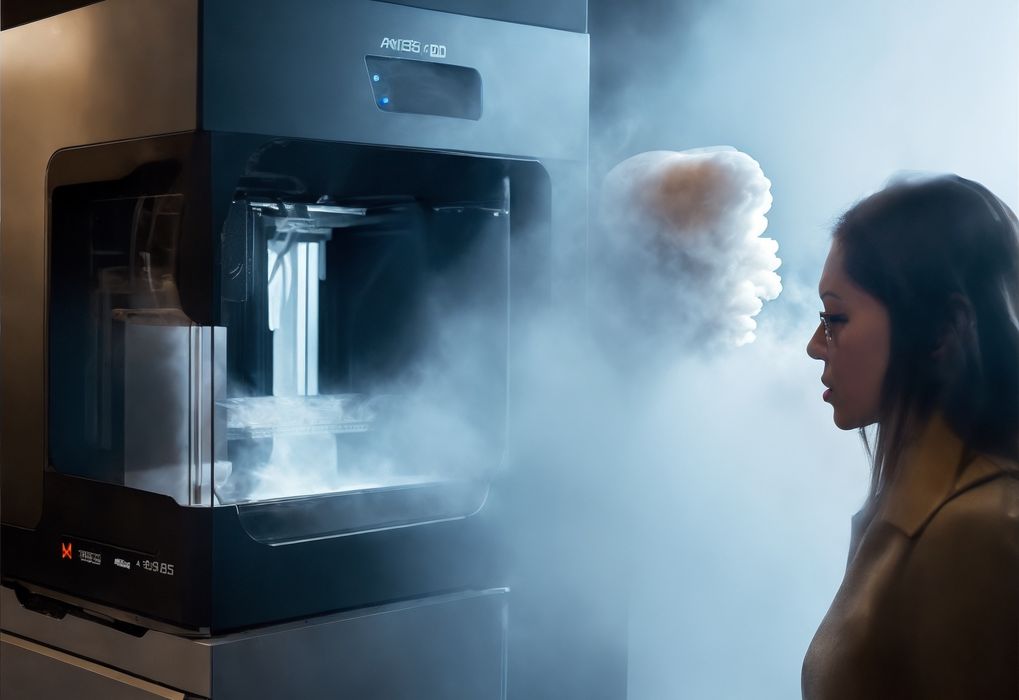
The race to the bottom is over, and there will be considerable movement in the 3D printer market in coming years.
There’s been much talk of something called the “race to the bottom”, in which certain competing 3D printer manufacturers have continually introduced equipment with ever lower pricing. I think there’s something similar brewing now for higher priced machines.
The race to the bottom, by the way, is essentially over. What was realized is that machines could be made less expensive, but that most people don’t want rudimentary 3D printers without any convenience features. Nowadays we seem to have hit a bottom price of something above US$200, but instead features are being added rather than the price going down.
In other words, the bottom has been reached.
But what about the other end of the price spectrum?
Many manufacturers of desktop 3D printers foresaw the race to the bottom and made strategic moves to other market segments. A good example would be MakerBot, which was one of the original desktop 3D printer manufacturers. They saw their open source designs being manufactured by Asian companies at far lower costs, making it impossible for them to compete.
Their decision was to shift focus away from the DIY / hobbyist market segment and instead focus on professionals and the education market, much to the anger and dismay of their original market. But in retrospect it was the correct business decision, as they would almost certainly have disappeared otherwise.
Those companies that shifted to the professional market may soon be facing competitive pressures again, but in a very different way.
The “race to the bottom”, which has transformed into more of a “war of features” is highly competitive, and in the past year we’ve seen very advanced equipment hit the market with high speed printing, multiple extruders, enclosures, and more exotic material capabilities. These advanced 3D printers carry relatively low prices — more than the rock bottom prices, but still quite low considering the market overall.
Here’s the problem for professional 3D printer manufacturers: as the competition at the bottom heats up, their 3D printer capabilities are beginning to approach those in the professional market.
Except they are priced at far lower levels.
The professional market is no longer safe for those manufacturers, as their markets will soon discover they can obtain similarly featured equipment at lower prices from other providers.
Those manufacturers were squeezed out of the low-end market years ago, and now they could be in the squeeze once again.
Years ago they had an escape hatch: move to the professional market. Multiple 3D printer manufacturers did the switch, and most survived. Those that did not mostly disappeared. Now these same companies may suddenly find themselves competing against large manufacturers with ever-more-powerful equipment at prices lower than they are accustomed to using.
What could be today’s escape hatch?
Honestly, I don’t know. There is another market segment, being industrial production. However, the equipment used in that market is vastly different and professional gear is unlikely to be easily tweaked for that kind of use. They may have to compete against the survivors of the race to the bottom.
One strategy might be to introduce even more advanced features to maintain premium functionality for professional platforms. However, it’s unclear how much farther one can go with this technology, and in any case those features will surely be adopted by the bottom-comers eventually.
Another strategy might be to address aspects beyond the machine itself. That might include material management, print profiles, slicing clouds, etc. Some companies, such as UltiMaker, seem to be doing this already. Perhaps they’ve thought of this scenario long ago and have been preparing for this moment?
The result of all this will be benefits and carnage.
The benefits will be far more advanced 3D printers available at incredibly affordable prices. That will be beneficial to both hobbyists and professionals.
On the other hand, there will be carnage. It’s very likely we will see several professional-level equipment manufacturers fail in the face of this coming competition. One outcome might be that several decide to merge together to form a larger entity more capable of taking on the bottom-comer competitors.
Regardless of how this turns out, there will be guaranteed excitement.
